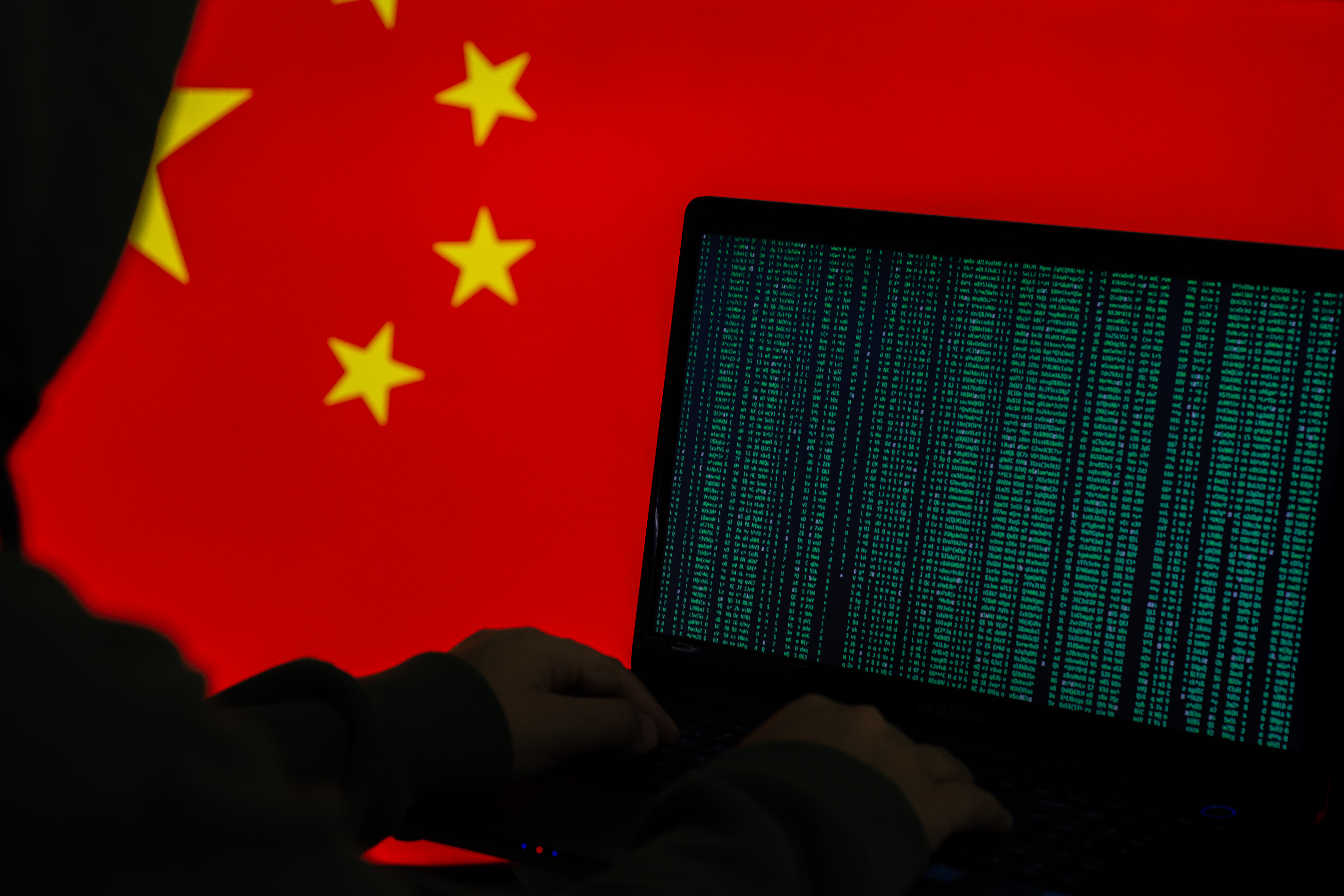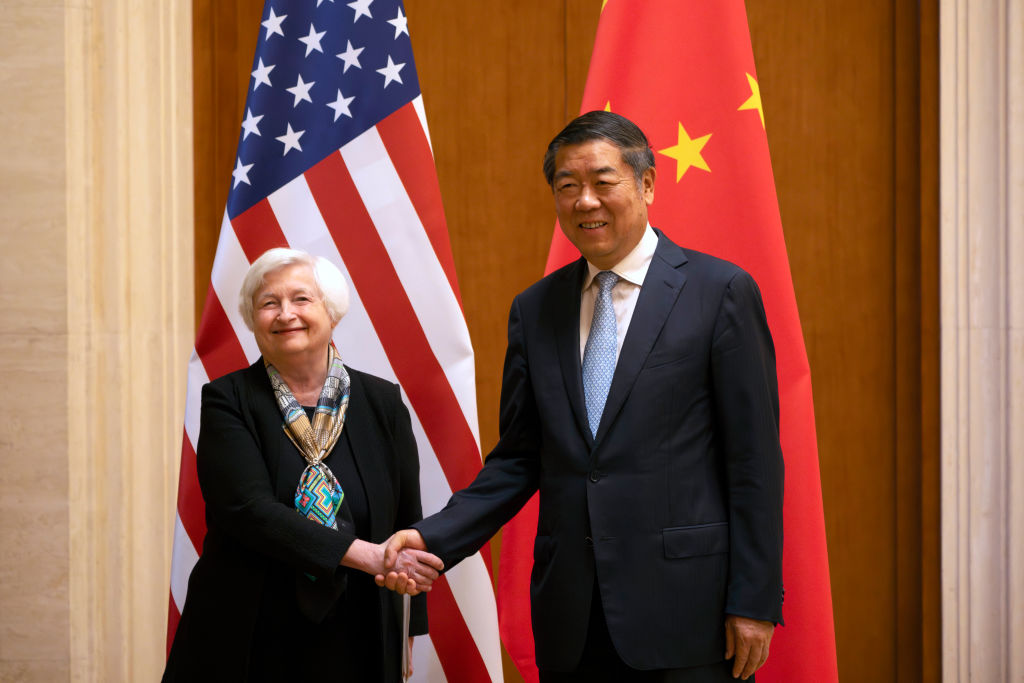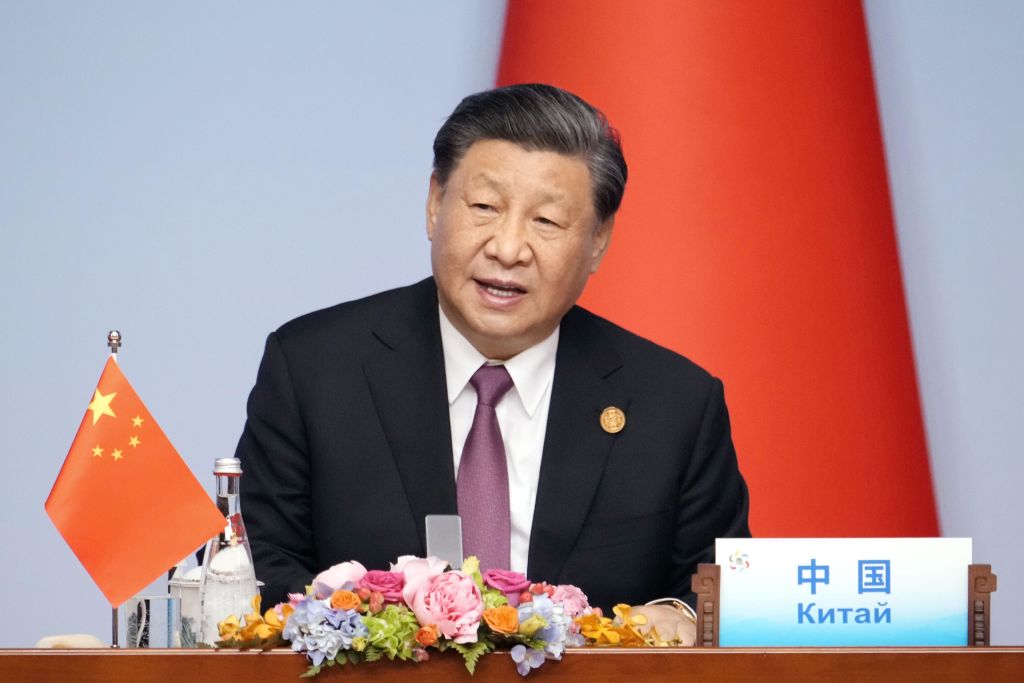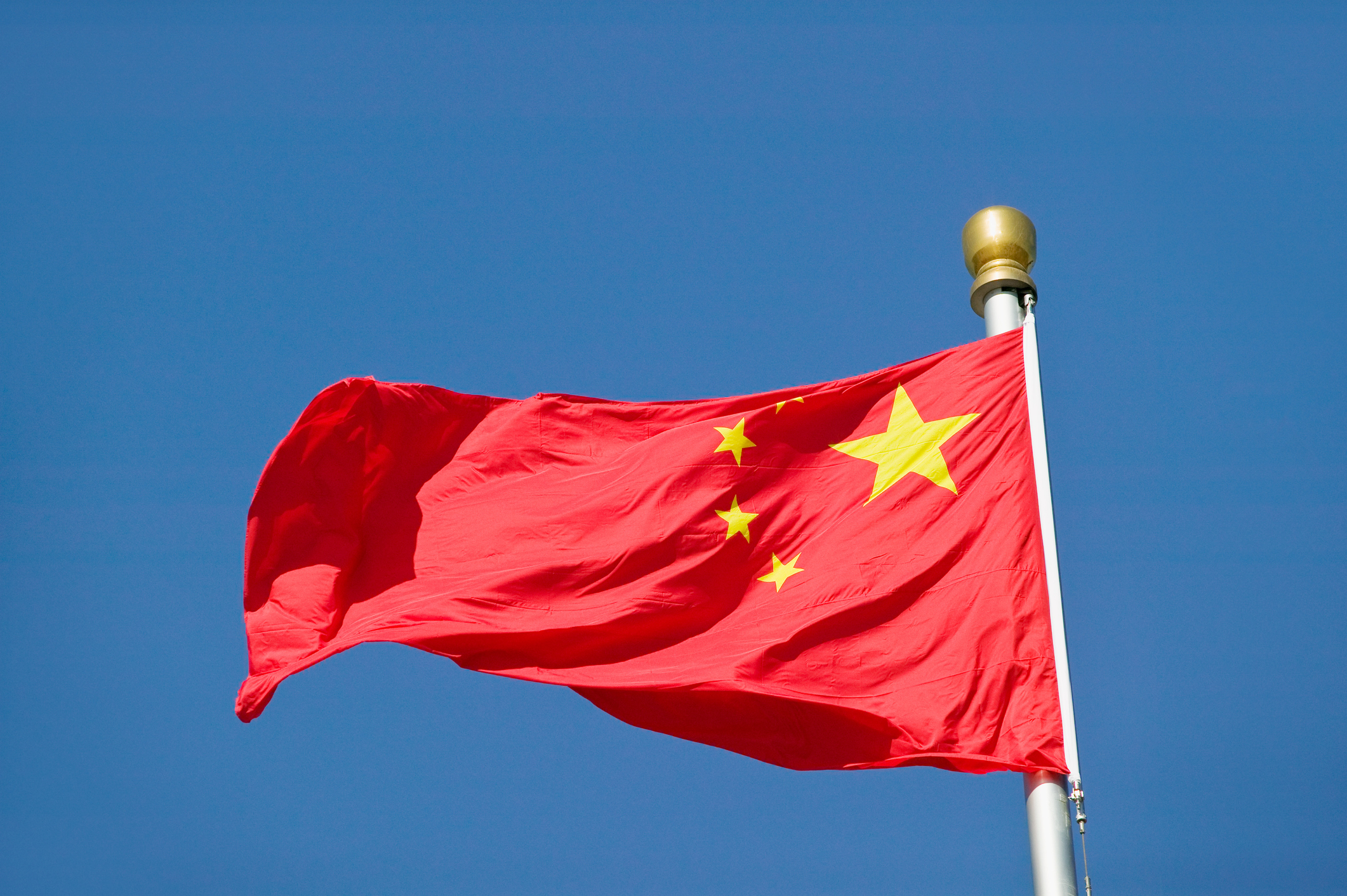Can the US stop Chinese cyberattacks?
Chinese hackers reportedly outnumber FBI cyber personnel by a ratio of 50 to 1


A free daily email with the biggest news stories of the day – and the best features from TheWeek.com
You are now subscribed
Your newsletter sign-up was successful
Chinese hackers have hit American targets again. U.S. authorities recently announced the discovery of Chinese malware in critical telecommunications systems in Guam, The New York Times reported. That's alarming because Guam is home to an American air base that "would be a centerpiece of any American military response to an invasion or blockade of Taiwan."
The attack came as no surprise, because Chinese cyber operations regularly go after American targets. China denies the hacking allegations, Financial Times reported. In an official statement, the Foreign Ministry said the Guam attacking announcement "shows that the U.S. is expanding channels for disseminating false information." But the hackers behind the Guam breach "have been spying on the U.S. military for years," The Record reported. They've even scanned the computer systems of political parties in U.S. states.
"China almost certainly is capable of launching cyberattacks that could disrupt critical infrastructure services within the United States," the Office of the Director of National Intelligence warned earlier this year. FBI director Christopher Wray told Congress in April that Chinese hackers outnumber his agency's cyber personnel by a ratio of 50 to 1. Those hackers have created techniques that "enable them to burrow into government and business networks and spy on victims for years without detection," The Wall Street Journal reported in March. Can the United States defend itself against a foreign cyberattack?
The Week
Escape your echo chamber. Get the facts behind the news, plus analysis from multiple perspectives.

Sign up for The Week's Free Newsletters
From our morning news briefing to a weekly Good News Newsletter, get the best of The Week delivered directly to your inbox.
From our morning news briefing to a weekly Good News Newsletter, get the best of The Week delivered directly to your inbox.
What are the commentators saying?
America needs minimum cybersecurity standards, Eric Noonan wrote at The Hill. While Russia is the "threat du jour" because of its expansive use of online attacks, China is the greater threat. The country's hackers have "been breaking into computer networks of government contractors for the better part of two decades," but action to counter those attacks "hasn't been swift enough." Time is officially running out. "We are getting to a point where we can either pay now or pay later."
People in Western democracies enjoy the fruits of living in open societies, wrote Max Hastings at Bloomberg, but that also leaves us "more vulnerable to attack, especially by foreign intelligence services." The growing threat of cyberattacks means that greater coordination is needed between America's intelligence community and domestic technology companies. The problem? Those companies often "recoil" at that kind of cooperation. "Today, patriotism has atrophied." It's time to reverse that: "Now that cyberattacks have become a routine part of the 21st century, the West is obliged to defend itself daily."
That constant conflict makes it difficult to calm simmering tensions, Paul Wallis wrote at Digital Journal. "Russia and China have large investments in cyberwarfare," he writes. "So does the U.S." That undermines the trust that will be needed to maintain the peace between countries. "It's hard to discuss anything with someone you know for a fact is trying to hack you all the time."
What's next?
Even before the latest news, the FBI was requesting Congress give it $63 million to fund 192 new cyber positions, CNBC said. The idea is to put staff in field offices "closer to where victims of cyber crimes actually are."
A free daily email with the biggest news stories of the day – and the best features from TheWeek.com
The strongest defense the United States has against Chinese attacks might be a digital form of mutually assured destruction. After all, as Politico reported, America has its own hackers, and they have proven fairly effective in the past. The U.S. is "one of the most advanced nations in cyberspace" although its actual capabilities are a "closely guarded secret." That means the cyberattacks can go both ways. "China has to worry about our capabilities, and they have to put it as part of their equation," Sen. Bob Menendez (D-N.J.) said. "Every action has a reaction."
In the meantime, the Guam attack may undermine a hoped-for thaw in U.S.-China relations following the overflight of a Chinese spy balloon earlier this year, NBC added. News of the hacking arrived just as officials of both countries began cabinet-level economic talks, said State Department spokesman Matt Miller: "We do intend to use our conversations with the Chinese government to press on areas where we have concerns."
Joel Mathis is a writer with 30 years of newspaper and online journalism experience. His work also regularly appears in National Geographic and The Kansas City Star. His awards include best online commentary at the Online News Association and (twice) at the City and Regional Magazine Association.
-
 The ‘ravenous’ demand for Cornish minerals
The ‘ravenous’ demand for Cornish mineralsUnder the Radar Growing need for critical minerals to power tech has intensified ‘appetite’ for lithium, which could be a ‘huge boon’ for local economy
-
 Why are election experts taking Trump’s midterm threats seriously?
Why are election experts taking Trump’s midterm threats seriously?IN THE SPOTLIGHT As the president muses about polling place deployments and a centralized electoral system aimed at one-party control, lawmakers are taking this administration at its word
-
 ‘Restaurateurs have become millionaires’
‘Restaurateurs have become millionaires’Instant Opinion Opinion, comment and editorials of the day
-
 Despairing husband creates 'Taylor Swift jar'
Despairing husband creates 'Taylor Swift jar'Tall Tales And other stories from the stranger side of life
-
 Urine video dents Chinese beer brand
Urine video dents Chinese beer brandTall Tales And other stories from the stranger side of life
-
 10 things you need to know today: July 8, 2023
10 things you need to know today: July 8, 2023Daily Briefing White House defends controversial delivery of cluster bombs to Ukraine, Yellen urges economic harmony between China and US, and more
-
 The China-Cuba connection, explained
The China-Cuba connection, explainedSpeed Read Reports of an eavesdropping deal roil Washington
-
 US confirms China has been spying from Cuban base
US confirms China has been spying from Cuban baseSpeed Read
-
 Xi Jinping tells national security team to prepare for 'worst-case scenario'
Xi Jinping tells national security team to prepare for 'worst-case scenario'Speed Read
-
 China plans to land astronaut on the moon by 2030, official says
China plans to land astronaut on the moon by 2030, official saysSpeed Read
-
 Elderly American citizen gets life sentence in China for espionage
Elderly American citizen gets life sentence in China for espionageSpeed Read
